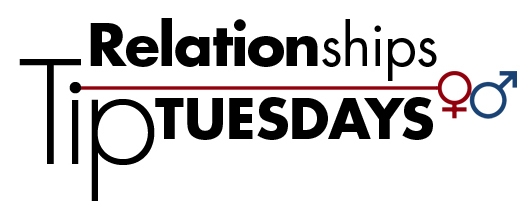Now while your first thought might be, “I don’t have any expectations in my relationships,” as you give it a little thought, I believe that you probably do. For example, if you are married, you most likely began the marriage assuming some things with regard to: how money would be managed; how much time you would spend with your respective families; how would holidays be navigated; who would be responsible for mowing the lawn, cooking, doing the dishes, taking care of the cars, cleaning the toilets, and the list of chores goes on and on?
We may have expectations that originated from observing what our parents modeled in these areas. Or we may have watched couples who were friends of ours, thinking they have a plan that seems to work. We may be making lots of assumptions.
We do the same with our children – figuring that as they grow they will love and respect us; gladly clean their rooms; do their homework and get good grades; and absorb all of our parental wisdom – resulting in safe and healthy choices in their behaviors.
But the reality is – rarely do people and relationships meet our expectations. So, what do we need to do when this happens? Many work hard to steer clear of conflict by avoiding talking about these situations. They want to avoid arguments at all costs. However, what is needed is just the opposite. We need to engage in healthy intentional communication in order to understand the other person’s expectations and allow them to understand ours. This provides us with an opportunity that just may result in increasing our ability to get on the same page. Wouldn’t that be a nice change? Perhaps today, we need to lean away from expectations and into seeking to understand.


